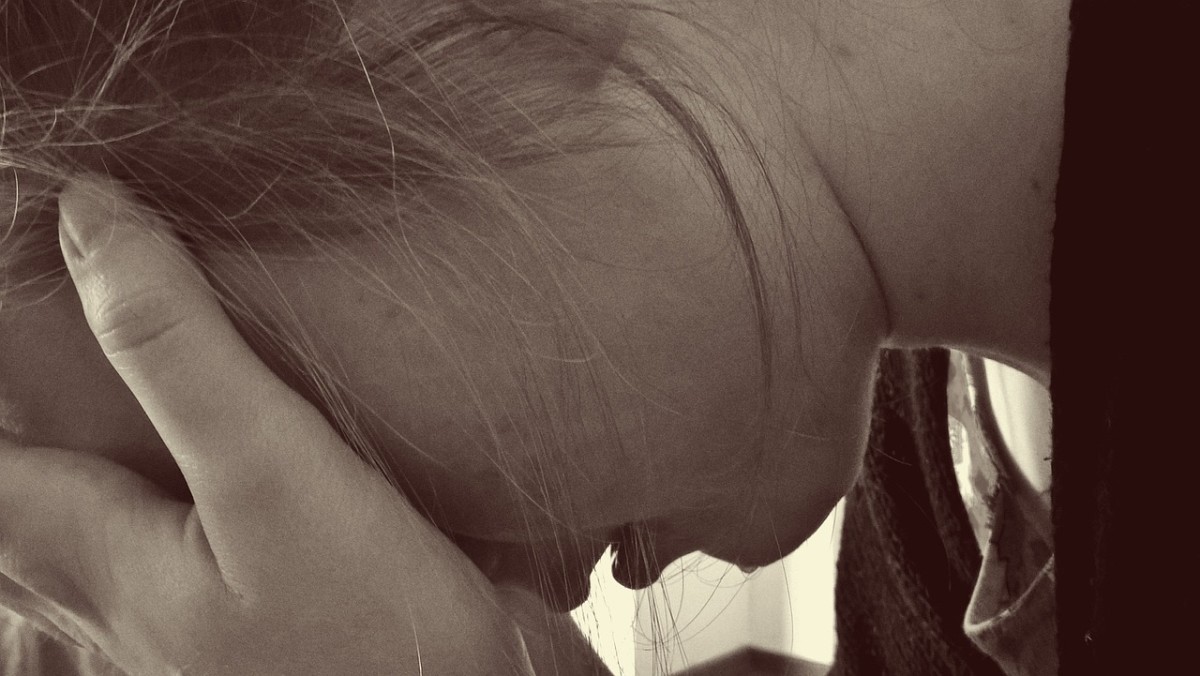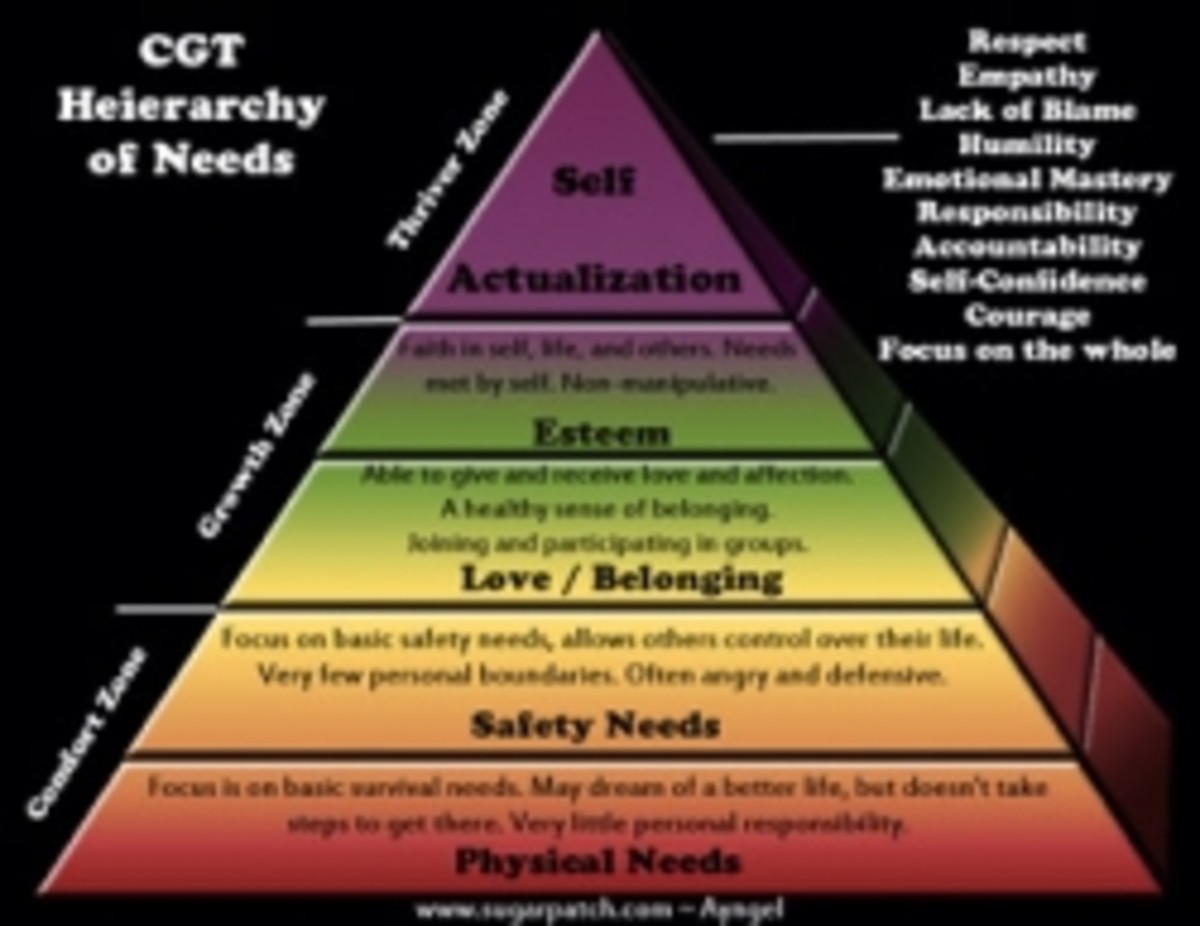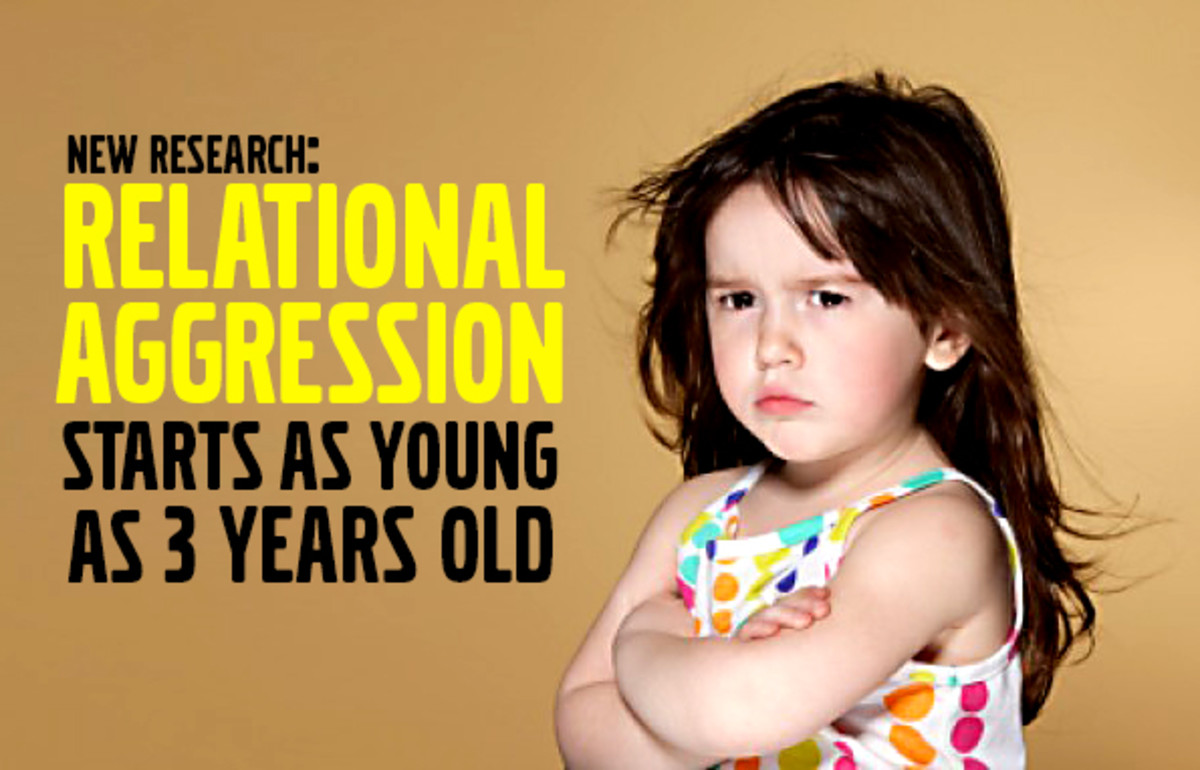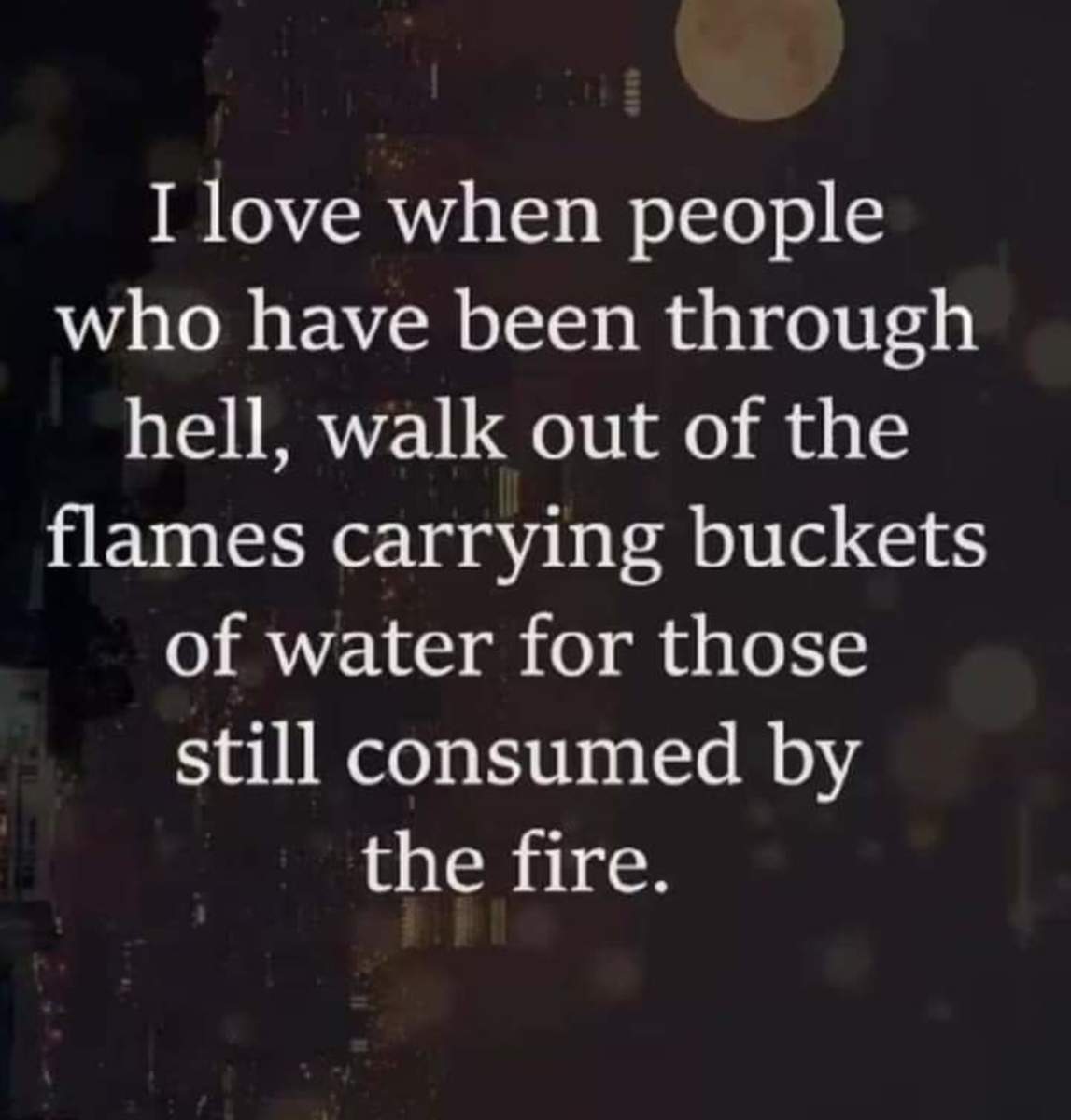Verbal Abuse: Why does it Continue?

Verbal abuse is the most common form of abuse and can often go on for years undetected because there are no visible signs when compared to physical abuse. The effects of verbal abuse are extremely damaging and have negative lifelong effects. Verbal abuse can be defined as any inappropriate, derogatory or threatening statement said to a person or about a person. Withholding is also considered a form of verbal abuse. Because spoken language can have so many nuances and interpretations, abusive language often can be difficult to detect. Verbal abusers have many ways of disguising or justifying their abuse, such as in the form of a joke, so that it can go undetected or be confusing to the victim.
Some examples of Verbal Abuse:
"What else can you expect from a woman?"
"You couldn't find your head if it wasn't attached"
"Did anybody ask you?"
"You can't take a joke"
"You're crazy"
"She never stops nagging"
"You're too sensitive"
"There is nothing to talk about" - an example of witholding
Source: P. Evans, The Verbally Abusive Relationship
The list of reasons why begins with a long heritage of abusive behavior that is handed down through generations of denial and a tolerance for abuse that can nonetheless, one day end through awareness and education.
The following are the many of the reasons that verbal abuse persists.
Verbal Abuse is handed down from parent to child; it is a Family Legacy, a learned behavior. Children learn and soon begin to model verbal abuse as a normal and natural a form of communication. By the time a child of verbal abuse grows up they have become so accustomed to being verbally abusive themselves, that they don’t even realize they are doing it or the lifelong harm it inflicts.
Tolerance
Those who have grown up in an abusive environment do not recognize verbally abusive statements, so they build a tolerance for abuse and no longer see it as wrong. When they become involved in romantic relationships, they find it normal to hear verbally abusive language. Those who have not been continuously exposed to verbal abuse would be offended by it and have no tolerance for it.
Low Expectations
Adults who grew up in verbally abusive environments have low expectations of what a relationship can be. Without witnessing the communication between partners of healthy relationships, children of abuse have little to go on and therefore often expect no more or only slightly better than what they have witnessed and experienced.
Attraction
Verbal abusers and victims are often subconsciously attracted to one another. These two types of people are unconsciously playing the roles of the relationships they have witnessed growing up in an abusive family environment. Their role models were verbally abusive so they are merely acting out behaviors that were set as a standard for them. The attraction is due in part to the comfort and familiarity the abusers and victims feel within the dynamic.
Comfort
Victims of abuse are comfortable with abusers because it is essentially all that they know. Human beings find comfort in familiarity, even if it causes continual pain and suffering. Although the abuse may cause daily pain, the alternative of trying to make a change can seem overwhelming. The fear of the unknown can work as a deterrent to making any change.
Manipulation
The needs of the abuser to control the victim, along with the abusers lack of empathy, allow the abuser to use many manipulative tactics to control the victim.
Denial
By the time the relationship has gown for a period, the victim will likely have a vested interest in having the relationship continue and will deny any abuse rather than face the idea of change. Admitting to the abuse would cause painful introspection and facilitate radical changes, both of which may seem worse than the abuse itself.
Excuses, excuses
The victim may often make excuses for the abusers behavior by saying things like “he had a bad day” or “he is under a lot of stress” or “when he is a bad mood he may act this way, but he really loves me.” These excuses or justifications allow the victim to enable the abuser to continue the abuse, often even causing an escalation in the abuser's behavior.
The Relationship may work in a practical sense. If the relationship seems healthy on the surface or works in terms of a day to day partnership, it might be easier to accept episodes of abuse or be reluctant to characterize them as an issue that requires attention.
Look on the bright side!
Well-meaning religious advisers and self- help gurus, may inadvertently suggest that women accept abuse within a marriage; they may minimize it and suggest that the victim focus on her husband’s strengths instead. Victims of abuse can be made to feel guilty for not 'counting their blessings' which can lead them to feeling that there is something wrong with them. Abuse in anyway shape or form is wrong though, and there is no bright side.
You always hurt the ones you love the most
This statement is used as another excuse, and can often be a justification for tolerating verbal abuse in a relationship. While we may at times hurt others in a healthy relationship, this can be accidental or unintended and readily mitigated. The pain from an abuser is intentional though, and is never really resolved.
Many people don’t realize what verbal abuse sounds like
With degrading jokes, hurtful opinions and even sexist remarks being part of the day to day dialogue in many social settings, there is a societal acceptance of verbal abuse. The derogatory statement said to women and about women such as being “barefoot and pregnant” or saying “she’s my ball and chain” may be culturally acceptable, but when you really consider the meaning of the statements you can see they are no more than degrading.
Verbal Abuse works to brainwash its victims
Victims are virtually incapable of seeing the truth. They begin to believe everything the abuser says. The victim begins to lose faith in her own sense of self and morality and works hard to only please the abuser. This works as a kind of brainwashing that is also used to manipulate the members of cults. It is the human survival instinct that allows a cult member or victim to survive this kind of emotional abuse.
Victims of Verbal Abuse habitually enable the behavior by being a part of it. Although it may seem harsh to describe a victim as an enabler, it is nonetheless true. Abusers and victims each participate in the abusive dynamic. Once the victim begins to recognize this she can begin building a life filled with healthy boundaries and self- respect, thereby ending the cycle of abuse.
Victims believe the negative opinions of themselves, thereby allowing the behavior to continue. Victims of verbal abuse believe that they love the abuser and not only trust the abuser’s opinion, but in many cases, ironically find the abuser their primary source of self-confidence. Therefore, any criticism or seeds of self-doubt that are planted in the victim can grow and take hold, slowly deteriorating any semblance of self-worth.
The behavior that surrounds verbal abuse is learned and tragically handed down from one generation to the next. It is a family legacy that molds emotionally detached abusers along with ignorant victims. Both victim and abuser follow a script that allows the abuser to remain in control and the victim to be dependent on the abuser, but the cycle can be broken.
Discover More
Abuse | Understanding the Multiple Facets of an Abusive Relationship
Abusive relationships have multiple facets, while some abusive tactics can be obvious, others are more subtle. No matter the tactic, all methods of abuse leave devastating emotional effects. There is an evolutionary connection to this behavior and a way to break free from it as well.
For more information or to get help:
- National Domestic Violence Hotline USA
Hotline advocates are available for victims and anyone calling on their behalf to provide crisis intervention, safety planning, information and referrals to agencies in all 50 states, Puerto Rico and the U.S. Virgin Islands.
- National Centre for Domestic Violence UK
Welcome to National Centre for Domestic Violence
- Domestic Violence International Resources
International Domestic Violence Resources. Listings of and links to international agencies, organizations and websites to find help and information concerning domestic violence, elder abuse and abuse against disabled persons.
© 2013 Tracy Lynn Conway








